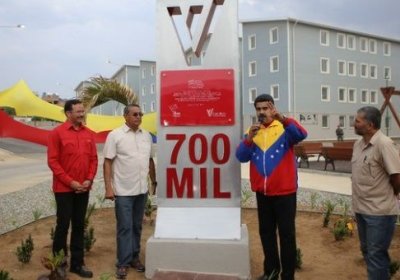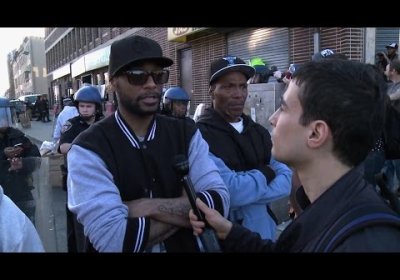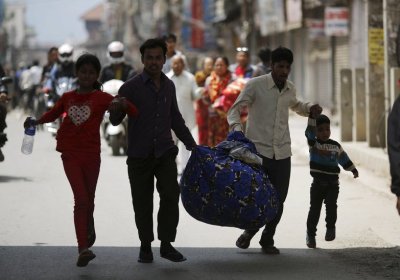Democracy
Venezuelan President Nicolas Maduro inaugurated the 700,000th house built under a state-led initiative to provide housing to the most needy Venezuelans on April 17.
Democracy Now! reports from the streets of Baltimore, where an overnight curfew has taken effect following Monday’s riots sparked by the death of Freddie Gray, the 25-year-old African-American man who died of neck injuries suffered in police custody.
In California, the local chapter of the International Longshore and Warehouse Union has vowed to shut down ports on May 1 in a historic protest against police brutality, Democracy Now! reported.
Democracy Now! on the anger that has exploded in Baltimore.
New at LINKS International Journal of Socialist Renewal: 'People are capable of governing themselves', Marta Harnecker: From Allende to Chavez,
The International Trade Union Confederation (ITUC), campaigning groups and labour-supporting members of the European parliament launched protests this month about the continued harassment and jailing of trade unionists and democracy campaigners in Swaziland. ITUC general secretary Sharan Burrow has noted that, in Swaziland, “Violations against the fundamental rights of workers have become systemic”.
Saudi Arabia’s month-long aerial offensive against Yemen resumed on April 22, one day after the Saudi regime announced it was over. Yemen is undergoing a humanitarian crisis, with millions of Yemenis lacking basic access to food, clean drinking water and health care. The Saudi bombardment has only worsened the plight of the Yemenis, with schools destroyed, hospitals and healthcare facilities targetted, and electricity supplies cut off. Basic infrastructure is being shattered, threatening a catastrophic health crisis for Yemeni residents.
- Previous page
- Page 307
- Next page










